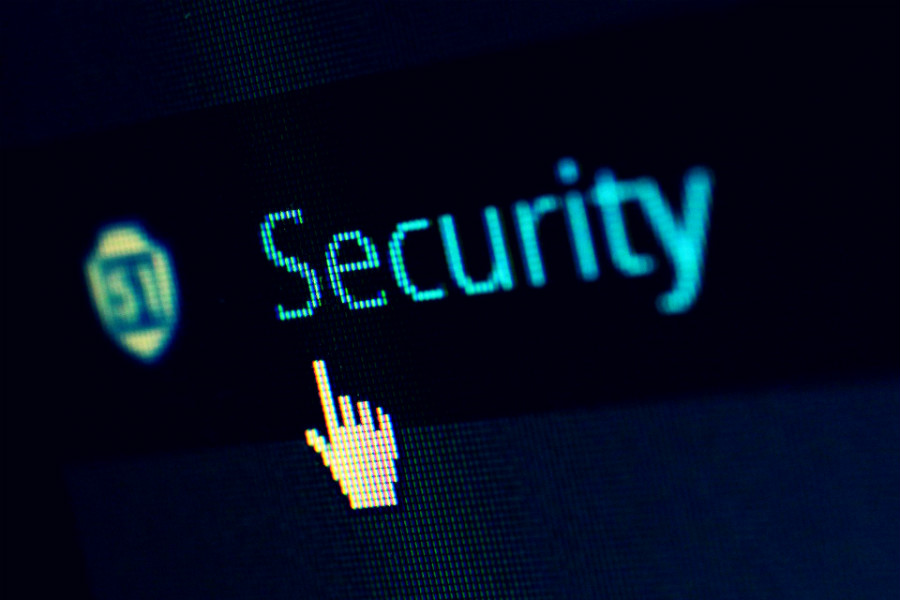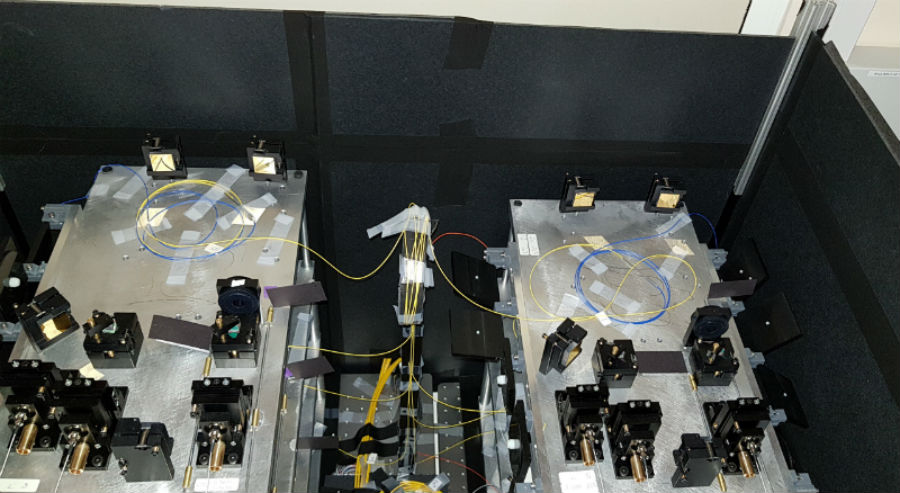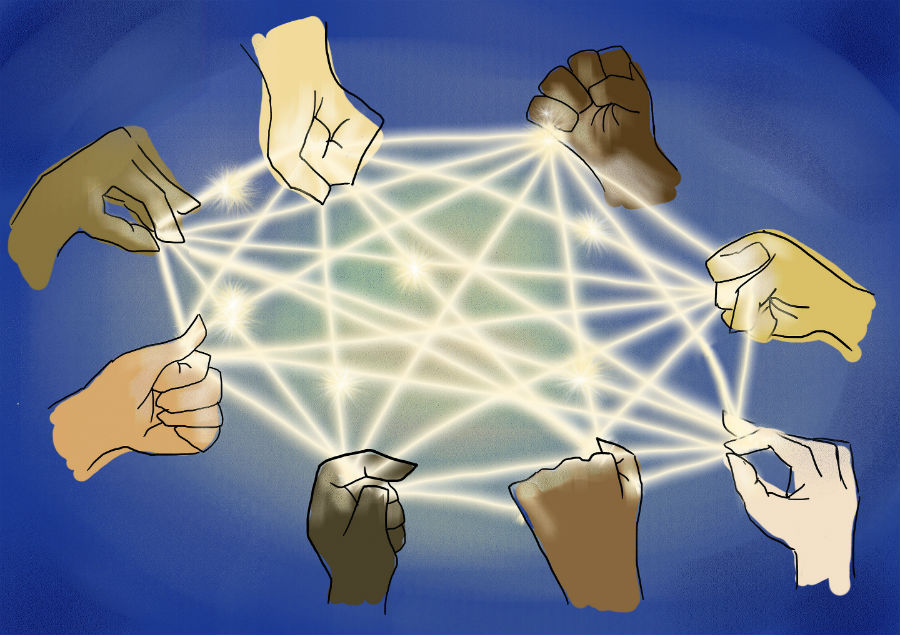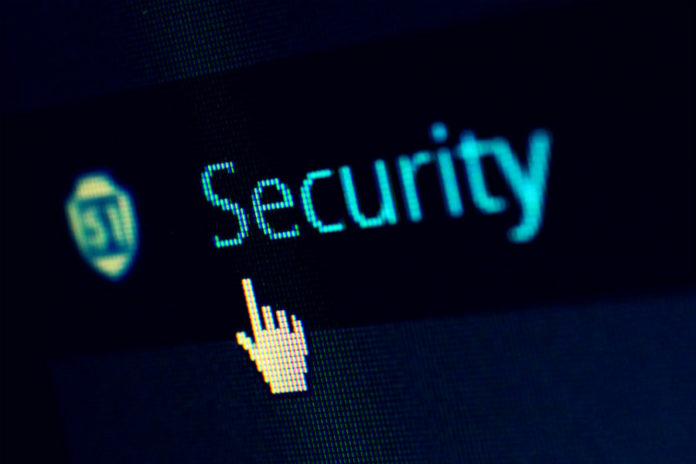
Credit: Pixelcreatures
Scientists from the University of Bristol have made a breakthrough in next-generation Quantum communication networking among multiple users that is ironclad against hackers.
In a time where the internet has become a top priority in our day-to-day lives, its security is at utmost importance. Although with endless adaptations of complex data encryptions in place, hackers seem to outsmart them somehow. Over the years the world has seen so many examples of cyber attacks in breaching privacy data at the highest level, hacking top-secret information losing trillions of pounds/ dollars. It is not a secret that scientists were looking into Quantum computing and Quantum internet as a highly potential solution for this.
What is the Quantum Internet?
It is a sophisticated application of simple laws of physics. A data communication where it uses the transmission of light particles known as photons and giving the end-users to share encrypted data and decrypting them.
In the study, the researchers applied one of Einstein’s theories, the “Quantum Entanglement”. In simpler terms, this uses the nature of two particles to mimic each other at the same time, that are placed very far from each other. Einstein called this the “spooky action at a distance”. Yet this ‘spooky action’ has the potential to advance data processing, computing and sensing at unprecedented levels.
According to Dr Siddarth Joshi, the lead author of the study, “Instead of having to replicate the whole communication system, this latest methodology, called multiplexing, splits the light particles, emitted by a single system, so they can be received by multiple users efficiently.”
Quantum networking has been a buzz word for some time, and there were also a few successful real-life applications where the technology was used to secure a Swiss election and to securely transfer money among Chinese banks.
Is it good?
So far, attempts at quantum networking were only able to achieve two-end communication. But the new study has succeeded in connecting a group of 8 people over a city-wide network including traffic control features as well. It has a minimal need for hardware as the network uses existing optical fibre network in the city’s infrastructure.

Credit: Siddarth K. Joshi
“Until now efforts to expand the network have involved vast infrastructure and a system which requires the creation of another transmitter and receiver for every additional user. Sharing messages in this way, known as trusted nodes, is just not good enough because it uses so much extra hardware which could leak and would no longer be totally secure,” says Dr Joshi.
Explaining about its cost-effectiveness, he further adds, “Until now, building a quantum network has entailed huge cost, time, and resource, as well as often compromising on its security which defeats the whole purpose. Our solution is scalable, relatively cheap and, most important of all, impregnable. That means it’s an exciting game-changer and paves the way for much more rapid development and widespread rollout of this technology.”
The Network

Credit: Holly Caskie
Researchers created a network of eight users with eight receiver boxes that have 28 connections. Then these boxes were connected with optical fibres. The network was implemented that connected distant places in Bristol using the city’s fibre optic network. It took only a few months and a cost of less than £300,000 to complete whereas previous attempts of its kind took years with billions of pounds.
The researchers believe that their discovery is easily scalable up to millions of users saying, “With these economies of scale, the prospect of a quantum internet for universal usage is much less far-fetched. We have proved the concept and by further refining our multiplexing methods to optimise and share resources in the network, we could be looking at serving not just hundreds or thousands, but potentially millions of users in the not too distant future.”
The research study has been published in the journal, Science Advances.

